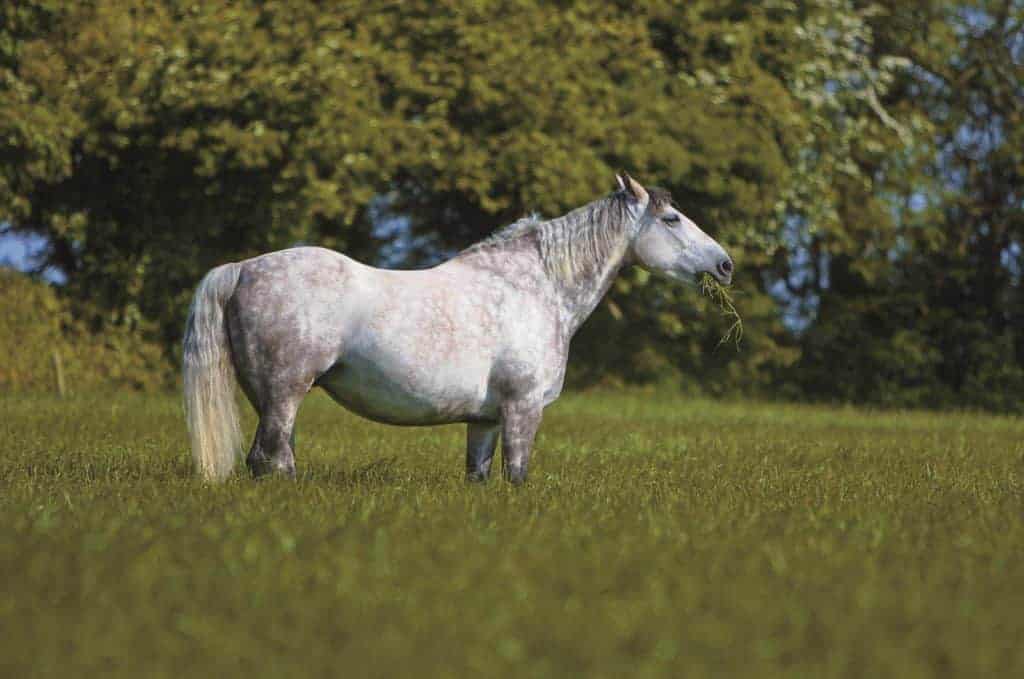
Texas Horses Confirmed With Equine Infectious Anemia
The two affected Quarter Horses have been euthanized.
Horse-health-problem risk factors, prevention, diagnosis, and treatment

The two affected Quarter Horses have been euthanized.

Forty-eight horses at the affected horse’s Sonoma County premises are under quarantine after being exposed to the EHV-1-positive mare.

Being prepared for an equine emergency can help make the situation less stressful and result in a more positive outcome.

The World Organisation for Animal Health (OIE) hosted a global webcast as humans—facing a health crisis of their own due to COVID-19—try to protect horses and prevent the spread of AHS during the disease’s current outbreak in Thailand.

A veterinarian dispels 4 common rumors that often sway an owner’s decision to pursue surgery for a colicking horse.

Find out what items should be in your horse’s first-aid kit, what they’re used for, and how to store them.

Have you walked into a barn and smelled a pungent, burning odor? That’s ammonia, and it’s hurting your horse.

The African horse sickness (AHS) outbreak in Thailand has nearly quadrupled in a little more than a week, reaching 154 deaths and a fatality rate of 94% in horses showing clinical signs.

Definitively identified by Thai veterinarians on March 27, this represents the first outbreak of AHS outside the African continent in more than 30 years.

The affected horse’s premises is under quarantine.

Penn Vet researchers found older horses with small intestinal lesions that survive colic surgery are just as likely as younger horses to develop postoperative reflux or to survive to hospital discharge.

As benign as it might seem, this fresh forage can cause more harm than good. Here’s what to remember.

Veterinarians successfully used a treatment option from human medicine to reduce squamous cell carcinomas in horses’ eyes.

Get tips for keeping disease-spreading ticks off your horse from Dr. Erika Machtinger of Pennsylvania State University.

Adult horses are at greatest risk of infection in late winter and early spring.

Ticks can infect horses with an array of diseases including piroplasmosis, ehrlichiosis, and Lyme disease.
Stay on top of the most recent Horse Health news with
"*" indicates required fields